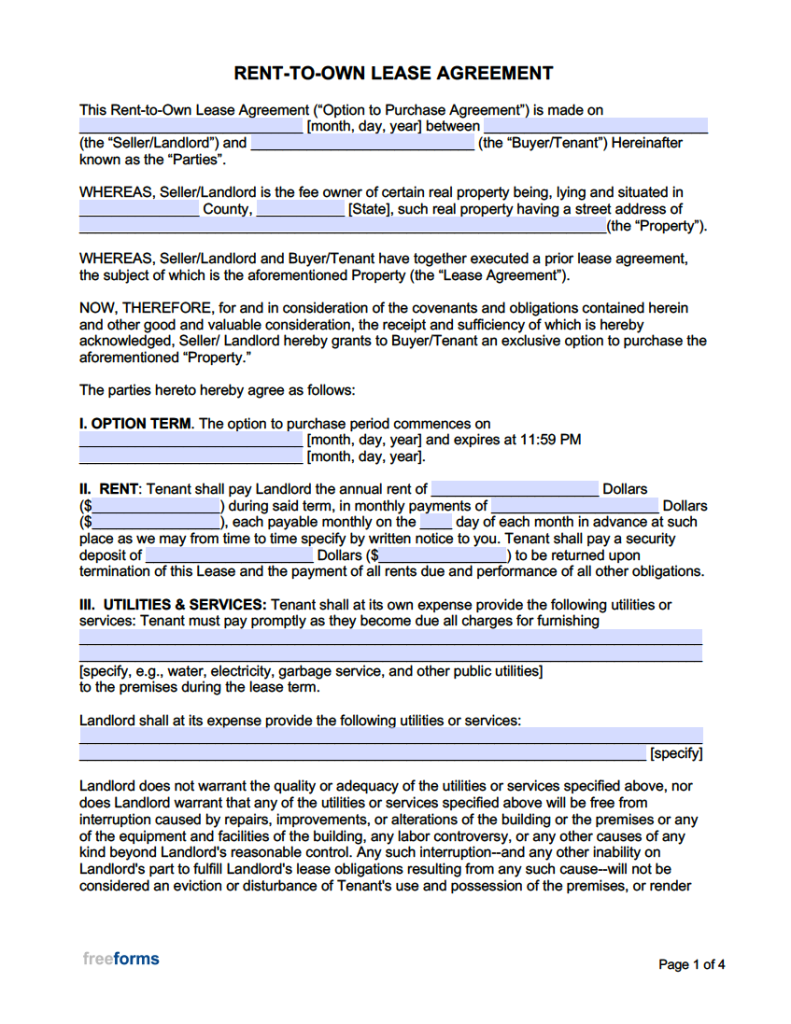
Once you’ve taken care of everything on this checklist, it’s worth contacting your landlord and estate agent just to make sure that there’s nothing else you need to organise. Get it done and you’ll be sorted for the year! You can pay your licence by direct debit, credit or debit card. There are some exceptions for students, people who are over 75 and a few others, so it’s worth checking whether you definitely need one.
#Bills to pay when renting a house tv#
You need to be covered by a TV licence to watch or record live TV programmes on any channel, and download or watch any BBC programmes on iPlayer - live, catch up or on demand. Most councils will give you a choice of payment options!Įven if you haven’t got a TV, there’s a chance that you’ll still need to get a TV licence. All you need to do is head to the website for your local council, register your address and choose how you’d like to pay. Thankfully, there are no meters involved with this one, and you can set everything up online. I know, I know, the list of bills seems to be never ending, but it’s important that you get them all sorted! Once you’ve found them, you can choose how you’d like to pay your bill. There’s a handy little search engine you can use to find the provider for your area. You’ll be charged a standard rate by your provider. If you don’t have a meter, it’s all good. Not all properties have water meters though, so it’s worth checking with your landlord or estate agent before you start looking! This is another bill that you’ll need to hunt for your meter to pay. You’ll need to give them to your gas and electricity provider when you’re setting up your direct debit so that they can make sure they’re charging you the right rate! Get the numbers you need and make a note of them. Thankfully, British Gas have written a short how-to guide to help you out. Once you’ve found it, you’ll be onto challenge number two: getting a meter reading. Ask your landlord or estate agent if you’re stuck!

They’ll be in your property somewhere, whether that’s in your house, your flat, or your building. To set up a direct debit to pay your gas and electricity bills, you’ll need meter readings.Ĭhallenge number one? Finding your gas and electricity meters. Make sure you use a comparison site like Compare the Market to make sure you’re getting the best deal! That means that setting up broadband should be pretty high on your list of things to do! Get your name down sooner rather than later to make sure that you get connected as soon as you can.

That means that there’s often a pretty hefty waiting list for broadband installation, especially as big names such as BT, Sky and TalkTalk all use the same group of engineers. Here’s the deal, friends - lots of humans on this crazy little planet like to use the internet. You can set up a standing order or a direct debit through online banking, but if you’re finding it tricky then you can also just pop into a branch or give your bank a call.

Your landlord might have also specified a date that they’d like to receive the money, but it tends to be on the first of every month. Don’t sweat it if you don’t know the difference Barclays have written a super simple guide to help you out! Your landlord should have told you whether they’d like you to set up a standing order or a direct debit to pay your rent every month. Set up a standing order/direct debit to pay your rent. Here’s a handy little checklist to make sure that you don’t forget anything! Once you’ve finished happy-dancing around your new living room, there are a few things you’ll need to sort out. Look at you go, you little adult, you! You’ve signed the lease and you’re all moved into your first rental property.


 0 kommentar(er)
0 kommentar(er)
